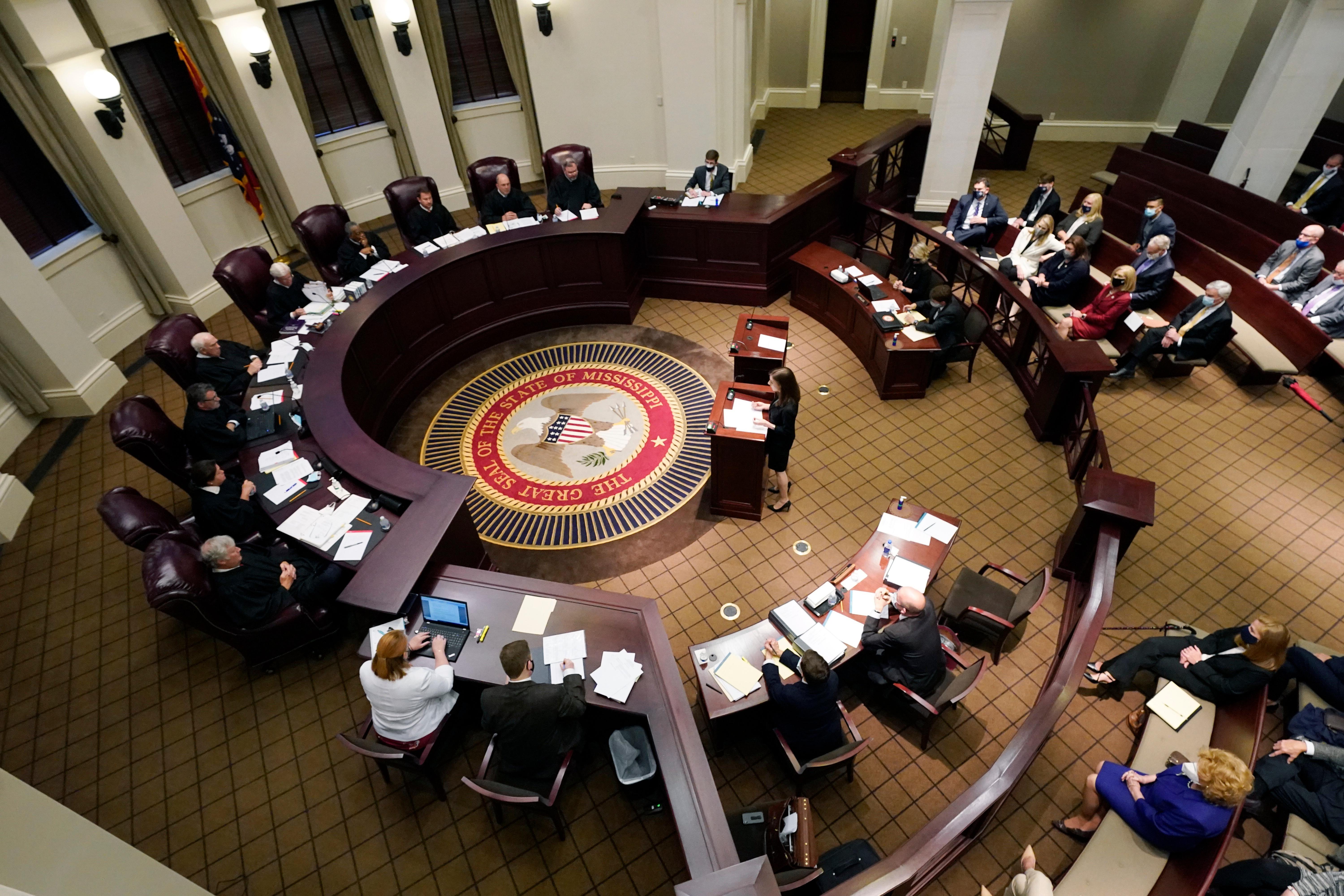JACKSON, Miss. (AP) - The Mississippi Supreme Court on Friday overturned a medical marijuana initiative that voters approved last fall.
Six justices ruled that the medical marijuana initiative is void because the state's initiative process is outdated. Three justices dissented.
The initiative process was added to the Mississippi Constitution in the 1990s as Section 273. It requires petitioners trying to get any initiative on the ballot to gather one-fifth of signatures from each congressional district. Mississippi had five congressional districts at the time that was written. The state dropped to four districts after the 2000 Census, but language dealing with the initiative process was never updated.
"Whether with intent, by oversight, or for some other reason, the drafters of section 273(3) wrote a ballot-initiative process that cannot work in a world where Mississippi has fewer than five representatives in Congress," Justice Josiah Coleman wrote for the majority in the ruling Friday. "To work in today's reality, it will need amending - something that lies beyond the power of the Supreme Court."
In a strongly worded dissent, Justice James Maxwell wrote that he believes the secretary of state correctly put Initiative 65 on the ballot. Maxwell wrote that the majority opinion "confidently and correctly points out" that the Supreme Court cannot amend the state constitution.
"Yet the majority does just that - stepping completely outside of Mississippi law - to employ an interpretation that not only amends but judicially kills Mississippi's citizen initiative process," Maxwell wrote.
Mississippi voters in November approved Initiative 65, which required the state Health Department to establish a medical marijuana program by the middle of this year. The department has been working to create a program as the legal fight continued.
To get Initiative 65 on the statewide ballot, organizers gathered signatures from the five congressional districts that Mississippi used during the 1990s. They did that based on legal advice issued years ago by the state attorney general's office.
Madison Mayor Mary Hawkins Butler filed a lawsuit days before the election, contending that the state's initiative process is outdated and that the signature-gathering requirement is mathematically impossible with four congressional districts. She opposed Initiative 65 because it limits a city's ability to regulate the location of medical marijuana businesses.
"Our case was about the constitutional separation of powers," Butler said in a statement to The Associated Press on Friday. "The city is pleased that the Supreme Court followed the plain language of the Mississippi Constitution and recognized that, unfortunately, the current voter initiative process is broken."
In papers filed Dec. 28 and in oral arguments before the state Supreme Court on April 14, state attorneys said Mississippi has two sets of congressional districts - one set used for congressional elections and one set used for other purposes.
An attorney for Butler argued that the only purpose of a congressional district is to have geographical boundaries for electing U.S. House members.
Chief Justice Michael Randolph said during the April 14 hearing that seven bills have been filed over the years to update Mississippi's initiative process to remove confusion about signatures coming from old or new congressional districts, and legislators have not made the change.
During the legislative session that ended in April, the Senate tried to create rules for a state medical marijuana program, but the House defeated the effort. Republican Sen. Kevin Blackwell of DeSoto County said the proposal was a backstop to have a program in place in case the Supreme Court agrees with Butler and invalidates Initiative 65. But supporters of Initiative 65 balked at the Senate's proposal, saying they saw it as an attempt to usurp the will of the voters
By EMILY WAGSTER PETTUS
Associated Press



